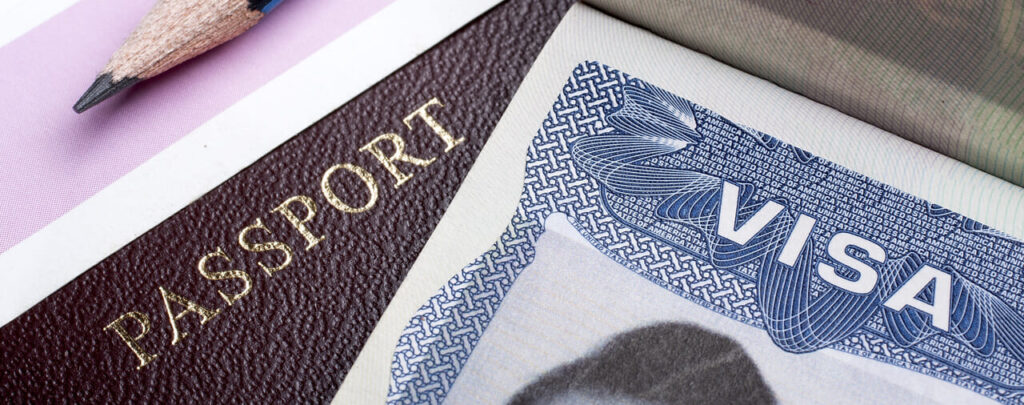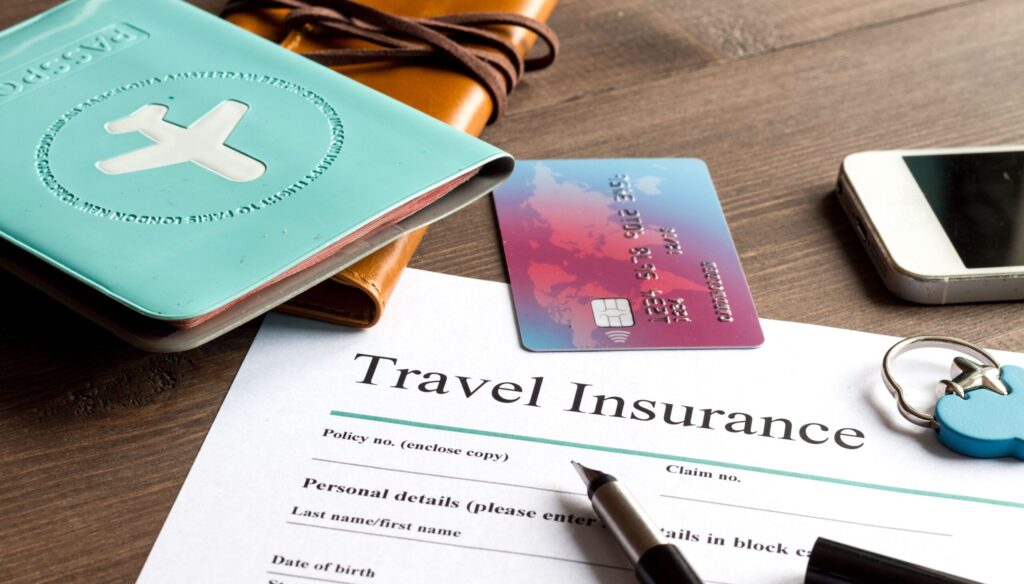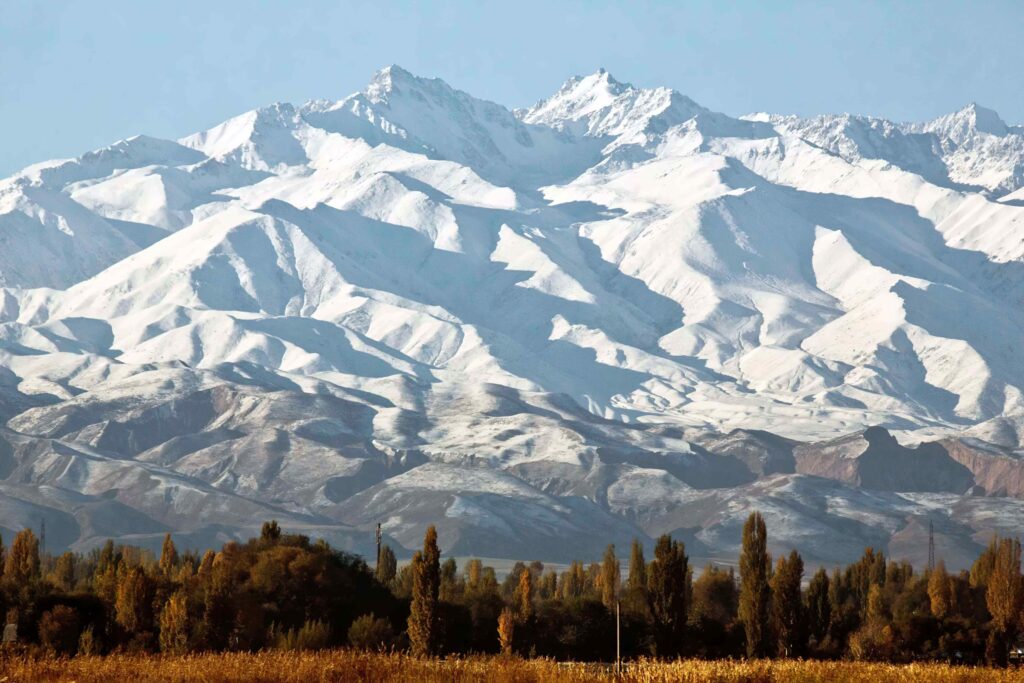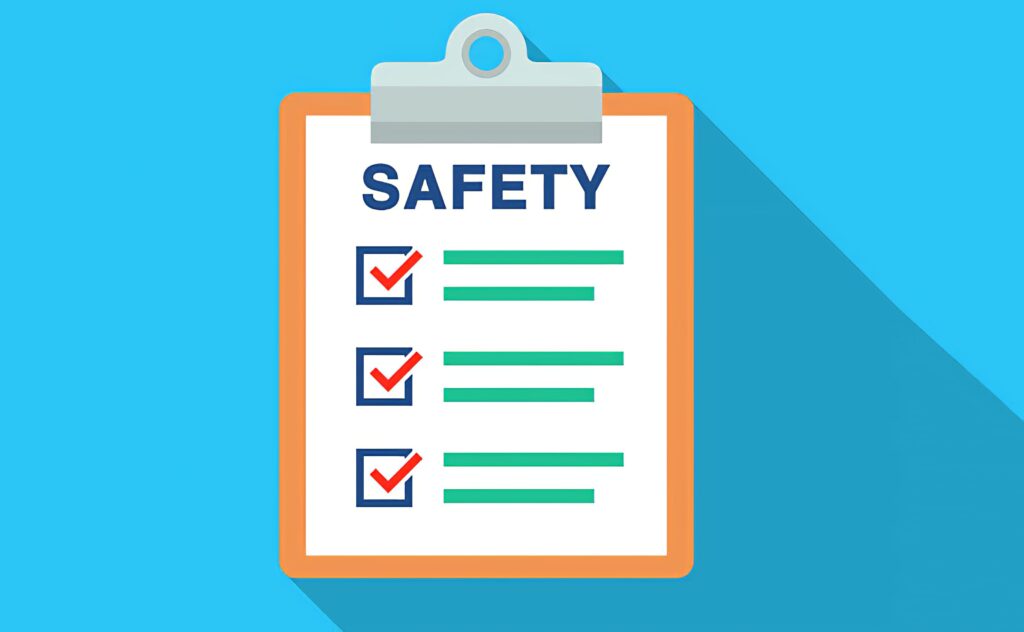Welcome to Kyrgyzstan, a captivating land nestled amidst the rugged mountains of Central Asia. Rich in nomadic traditions, breathtaking landscapes, and warm hospitality, Kyrgyzstan is an ideal destination for adventurous travelers seeking an off-the-beaten-path experience. To ensure you have a smooth and unforgettable journey, we’ve compiled a comprehensive guide of travel tips covering everything you need to know before exploring this hidden gem.
1. Visa and Travel Documentation
Before embarking on your Kyrgyz adventure, make sure to check the visa requirements for your nationality. Most visitors can obtain a visa on arrival at Manas International Airport in Bishkek or apply for an e-visa in advance. Ensure that your passport is valid for at least six months beyond your planned departure date and have a copy of your travel documents stored securely both physically and digitally.
If you plan to visit neighboring countries during your trip, consider obtaining appropriate multiple-entry visas, as Kyrgyzstan’s strategic location allows for easy access to countries like Kazakhstan, Uzbekistan, and Tajikistan.

Kyrgyzstan experiences diverse climates, so the best time to visit depends on your preferences. For trekking and outdoor activities, the summer months (June to September) are ideal when the weather is warm and the mountains are accessible. The high-altitude lakes are stunning during this period, and you can witness the picturesque Song Kol Lake come to life with nomadic yurt camps.
Spring (April to May) and autumn (September to October) offer pleasant temperatures and colorful landscapes as wildflowers bloom or the leaves change hues. It’s an excellent time for photography and cultural experiences, as you might witness traditional festivals and local celebrations.
Winter enthusiasts can enjoy skiing and snowboarding from December to February in the mountainous regions, especially at the Karakol Ski Resort. Just keep in mind that some high-altitude roads and attractions might be inaccessible during the winter months due to heavy snowfall.
3. Health and Vaccinations
Check with your healthcare provider for any recommended vaccinations before traveling to Kyrgyzstan. Routine vaccinations, including measles, mumps, rubella, diphtheria, and tetanus, are essential. Depending on your travel itinerary and activities, additional vaccinations like hepatitis A, typhoid, and rabies might be advised.
Pack a basic medical kit with essentials such as painkillers, antiseptics, bandages, and prescription medications. While pharmacies are available in major cities, it may be challenging to find specific medications in remote regions.
It’s essential to stay hydrated, especially in higher altitudes. Drink bottled or boiled water and avoid consuming raw or undercooked food to prevent stomach-related illnesses. Additionally, carry insect repellent, as mosquito-borne diseases are present in some areas.

4. Travel Insurance
Obtain comprehensive travel insurance that covers medical emergencies, trip cancellations, and evacuation in case of unforeseen situations during your stay in Kyrgyzstan. Accidents can happen, and having insurance provides peace of mind while exploring remote areas. Ensure that your policy includes activities such as trekking, horse riding, and other adventure sports you plan to undertake.

5. Transportation
Kyrgyzstan’s public transportation mainly consists of shared taxis (marshrutkas) and buses, which are affordable but not always punctual. Marshrutkas are a popular mode of transport between cities and towns, but they can get crowded, and the schedules may be irregular. Buses are more reliable for longer journeys but might take longer due to frequent stops.
For more flexibility and convenience, consider hiring a private driver or renting a car. Renting a car is a great option if you plan to explore off-the-beaten-path destinations and remote areas. Keep in mind that driving in Kyrgyzstan can be challenging due to road conditions, so be prepared for long, bumpy rides when traveling through mountainous terrain.

6. Accommodation
Accommodation options in Kyrgyzstan range from budget guesthouses to luxury hotels in major cities like Bishkek and Karakol. In urban centers, you’ll find international hotel chains alongside charming boutique hotels. However, as you venture into remote regions, you can experience the traditional nomadic hospitality by staying in yurts or guesthouses run by local families.
Booking accommodations in advance is highly recommended, especially during peak tourist seasons (June to August). In popular destinations like Issyk-Kul, Song Kol, and Karakol, accommodation availability can be limited during the peak months, so early reservations are advised.
6. Safety Precautions
Kyrgyzstan is generally a safe country for travelers, with a low crime rate. However, it’s always prudent to exercise caution and be aware of your surroundings, especially in crowded places. Avoid displaying valuables in public, and secure your belongings when traveling.
When engaging in outdoor activities like trekking or horse riding, hire experienced guides and ensure you have appropriate safety equipment. Mountain weather can be unpredictable, so it’s essential to be prepared with proper gear and informed about weather conditions.
In some regions, especially close to borders with neighboring countries, there may be occasional instances of political tension or security issues. Stay updated on travel advisories and avoid areas where political gatherings or demonstrations are taking place.
Kyrgyzstan offers a journey of discovery through stunning landscapes, cultural encounters, and unforgettable experiences. Armed with these travel tips, you’re ready to embark on an adventure that will stay etched in your memory forever. Embrace the nomadic spirit, immerse yourself in the traditions, and witness the beauty of Kyrgyzstan, a destination like no other.




